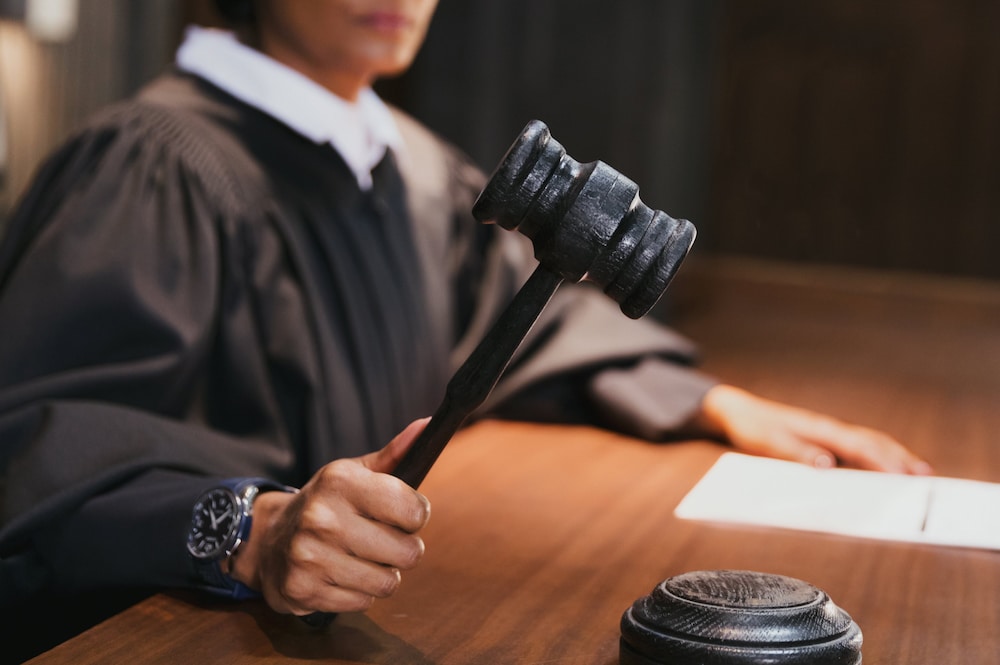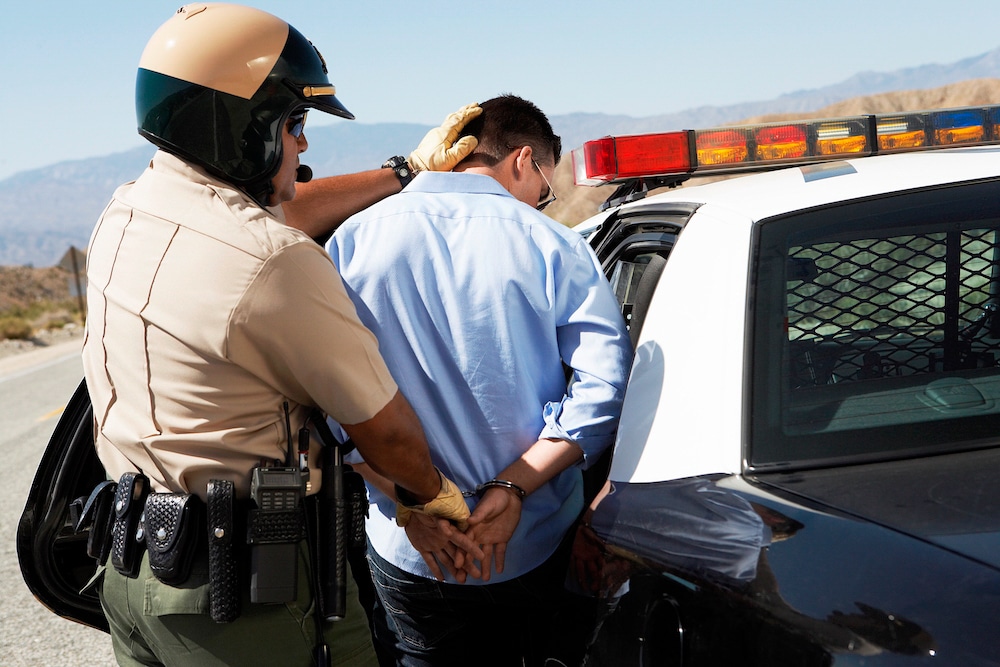BOATING WHILE INTOXICATED SEASON IN HOUSTON

Boating While Intoxicated – Now that the weather is warming up, Texans will be hitting our waterways in Conroe, Livingston, Houston or Galveston in record numbers.
That means boating and drinking.
Let us say this first and foremost: If you’re the captain of a water vessel, keep the safety of your passengers, yourself and other boaters in mind–don’t drink while boating.
Boating while intoxicated (BWI) is a serious charge in Texas.
If fact, a BWI charge is every bit as serious as driving while intoxicated (DWI).
You can be charged with BWI which is a Class B misdemeanor if the officer thinks you’re intoxicated while operating a watercraft.
That charge comes with a minimum confinement of 72 hours.

The attorneys at Trichter & LeGrand understand that a boating while intoxicated charge can hurt your reputation the same as a DWI or DUI arrest can.
Be sure to consult a DWI Specialist criminal defense attorney for a BWI charge because the cards are stacked against you.
The flawed breath and blood testing as well as the unfairness of the shoreside field sobriety tests give law enforcement an advantage, so you must know your rights as well as have an aggressive attorney on your side to represent you.
TELL US ABOUT YOUR CASE
Form Submissions have a fast response time. Request your free consultation to discuss your case with one of our attorneys over the phone. The use of this form does not establish an attorney-client relationship.
The information on this website is for general information purposes only. Nothing on this site should be taken as legal advice for any individual case or situation. This information is not intended to create, and receipt or viewing does not constitute, an attorney-client relationship.








